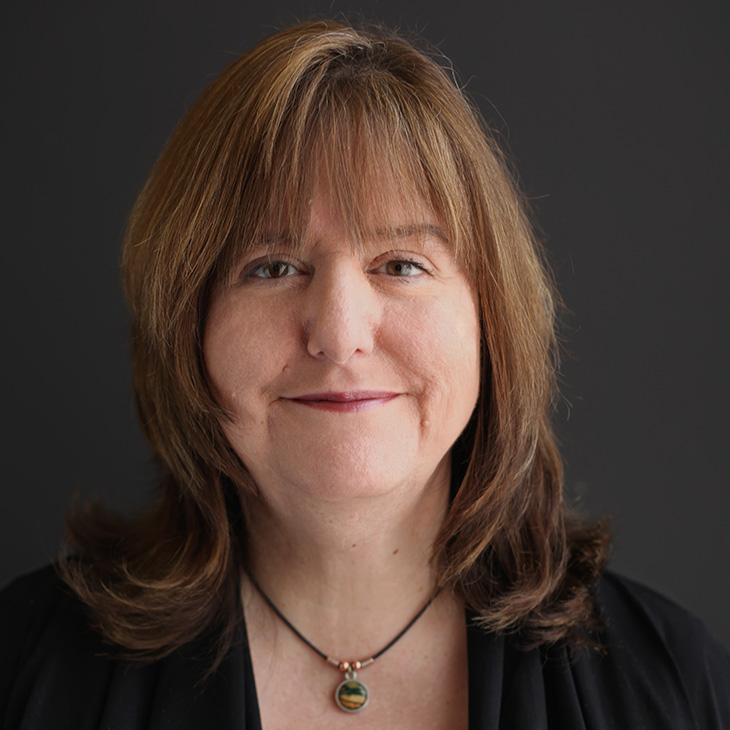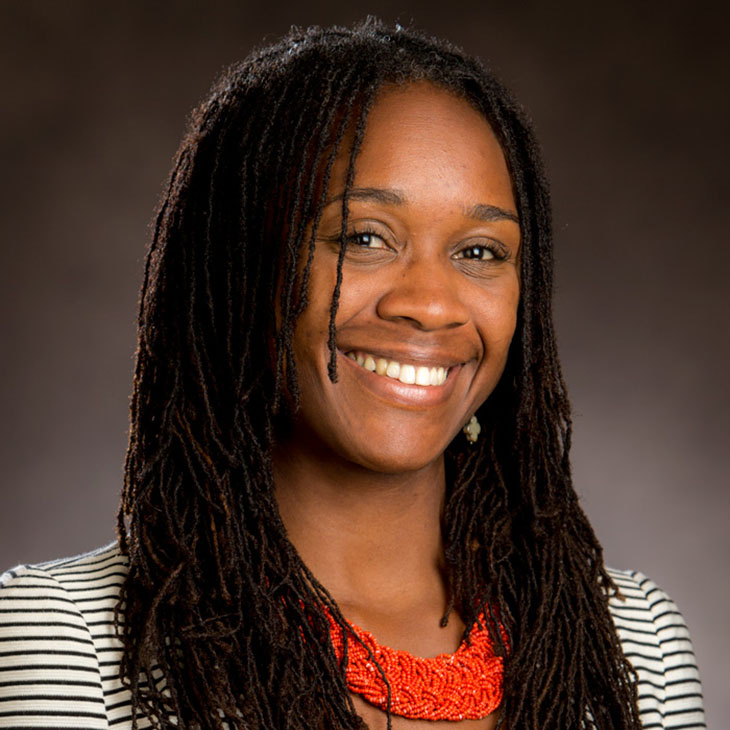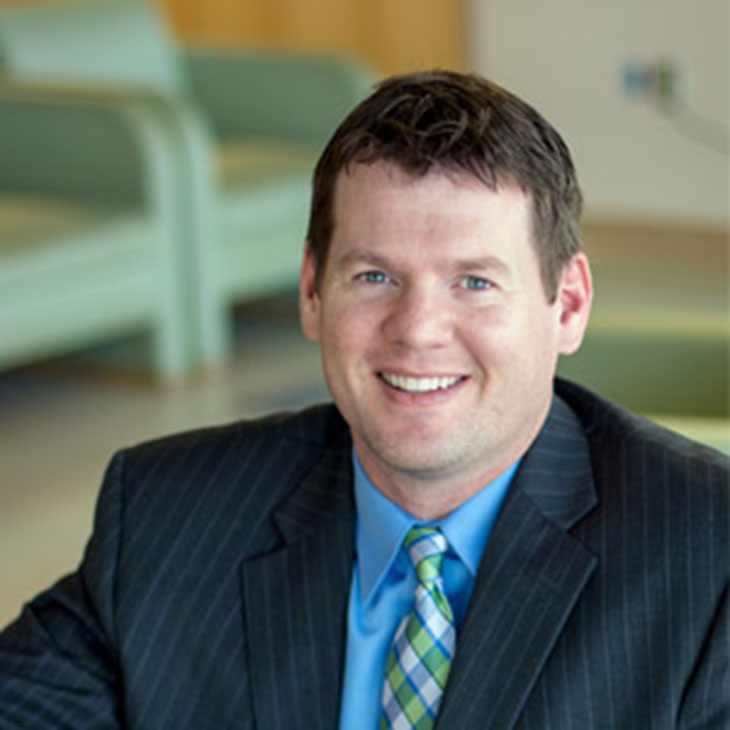Endowed chairs and professorships help OSU move forward
Thursday, December 17, 2020
Propelling OSU Forward
Endowed chairs and professorships are vitally important to OSU’s land-grant mission of research, instruction and extension. These positions are seen as a distinguished honor and allow the university to attract the most sought-after instructors and researchers. As a result, OSU can provide students the best instructional and academic experiences possible, elevate research and more easily share that research with the public.
Visit OSUgiving.com for more information on how to support our incredible faculty.

Mary Larson
Associate Dean of Special Collections — Recipient of the Puterbaugh Professorship for Library Services
How has your endowed position helped you make an even greater impact with your work?
I try to ensure that the library has a potential impact on all Oklahomans and that our collections represent the diversity of Oklahoma’s population. There are three ways the Puterbaugh funds helped accomplish that mission in FY20. First, we hosted our inaugural induction into the Oklahoma Writers Hall of Fame. While the Hall has been in existence since 1991, this year marked the first ceremony since the Hall moved to the auspices of the OSU Library and Center for Oklahoma Studies. We took the occasion to honor the statewide literary outreach of Teresa Miller. We also diversified our collections in two ways. First, we hired Dr. Helen Clements to identify works on and by members of Oklahoma’s 38 sovereign Native American nations to add to the archives. We also purchased a copy of the ‘1941 Negro City Directory' for Tulsa in hopes researchers can use it to see how the community changed in the decades following the 1921 Race Massacre.
What is something that the average person would not think about when it comes to your field?
Very few people understand how much behind-thescenes effort it takes to preserve archival materials. Our staff need to monitor storage environments, convert specialized formats and prepare grant proposals for funds to undertake larger preservation projects. In the past year, we have used the Puterbaugh funds to support these efforts. Our Special Collections units and three branch libraries all have suffered leaks, high temperatures or humidity that threaten the collections. To better preserve our materials, we purchased new digital temperature and humidity loggers, as well as dehumidifiers.

Alexis Washington
Senior Inclusion Officer and Associate Professor of Managment — Recipient of the William S. Spears Chair in Business Administration
How has this endowed position enabled you to make an impact through your work?
As a diversity, equity and inclusion researcher, I investigate practices, policies and procedures that enable fair and inclusive workplace development. My research depends heavily upon the generosity of individuals who take time out of their day to participate in lengthy surveys and in-depth follow-up interviews about such critical issues as racial justice at work, sexual harassment in their organizations, and positive work-family practice. The William S. Spears Chair funds allow me to do each part of the work from recruiting and compensating participants to purchasing the analytical software.
What is an important aspect of your field that the average person may not realize?
The work of diversity, equity and inclusion researchers is often considered a subunit of human resources or a compliance office to ensure equal employment opportunities. While our work contributes to these important areas of antidiscrimination, my field actually goes far beyond compliance to examine the psychology and management practices that enable leaders to build inclusive cultures and all employees to bring their fullest, most authentic selves to work.
What are your goals for the 2020-2021 academic year?
I aim to continue my research agenda; however, given the constraints of COVID-19, I intend to turn my attention more fully to enhancing our understanding of work-life balance in a work-from-home world. In this project and others, I share my work with doctoral students who work side-by-side with me on our research agenda.

Mark Woodring
Assistant Dean for Rural Health — Recipient of the AT&T Professorship in Telemedicine
What role has this endowed position had in your ablitity to make an impact through your work?
As a land-grant institution, Oklahoma State University remains heavily engaged in action-oriented, communitybased participative research. Through OSU’s Rural Renewal Initiative, the AT&T Professorship has allowed me and the OSU Center for Rural Health to pilot the efficacy of delivering real-time emergency medicine consults via telemedicine with OSU Medicine to rural EMS crews out in the field in Tillman County, Oklahoma, one of our state’s most persistently impoverished counties.
What is an aspect of your field that those on the outside may not realize?
There are regions of our state that have significant barriers to broadband access, creating a digital disparity. That’s in addition to other disparities involving care and access for rural Oklahoma communities that already experience shortages of health care providers and essential health services. We work toward solutions to help address these disparities in our state.
What has your involvement been in OSU’s response to the COVID-19 pandemic?
COVID-19 has certainly presented a challenging time for our country, our industries, patients and our communities. The pandemic also has accelerated plans that were already in place to partner and collaborate with health care organizations and other care providers through telemedicine. For example, our OSU Center for Rural Health partnered with OSU Medicine and the State COVID-19 Task Force to equip 16 rural hospitals with necessary telemedicine devices to deliver virtual care during this health crisis.
